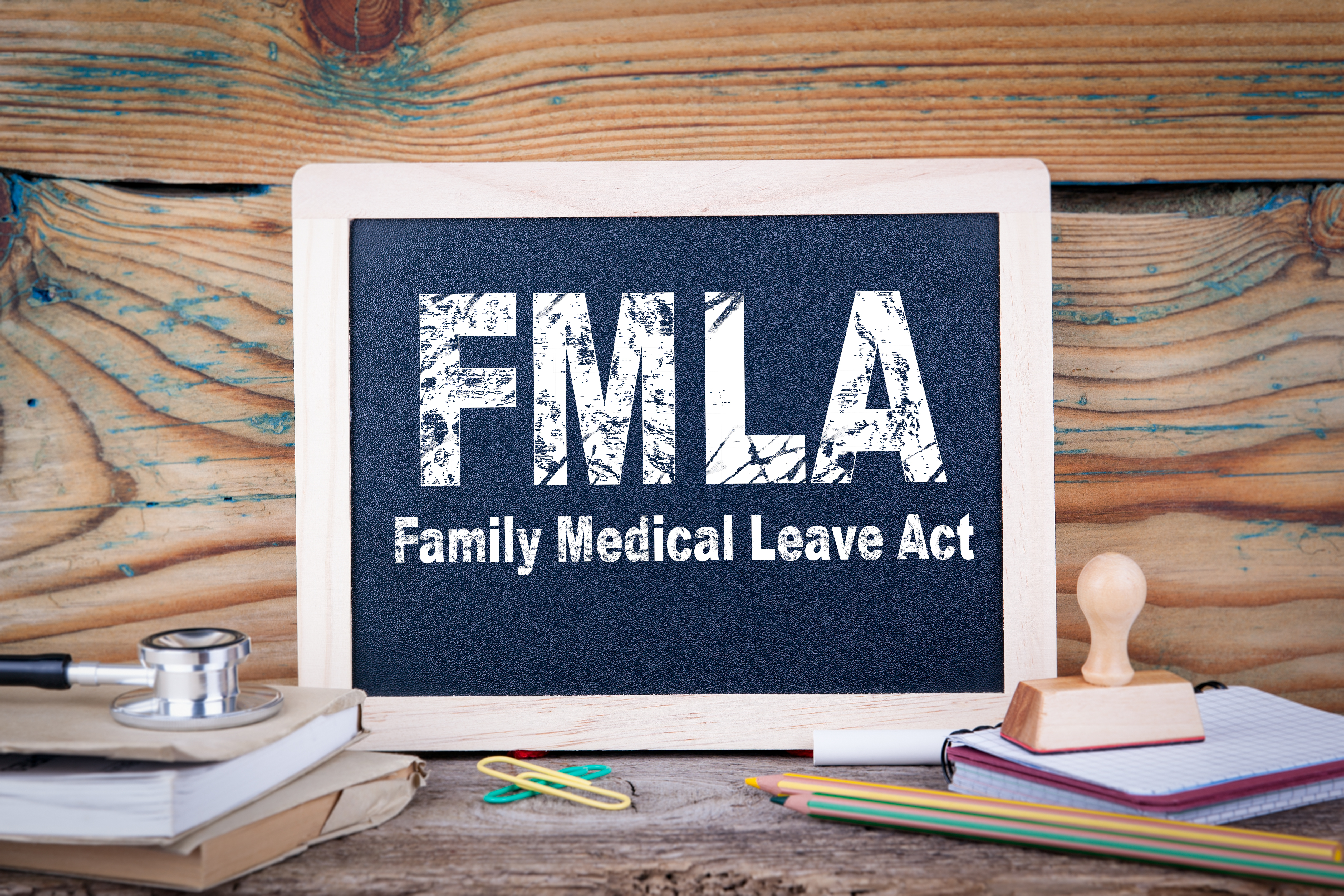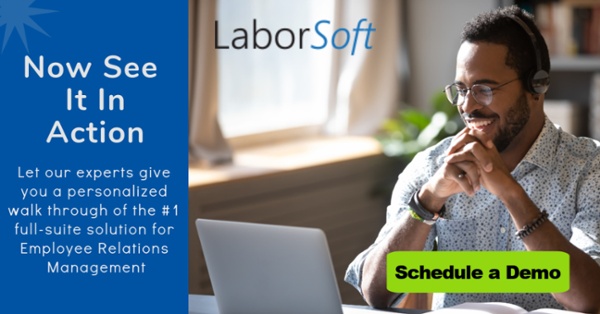FMLA Updates to Be Aware of as We Wind Down 2020 and Approach 2021
Read Time 3 mins | Oct 27, 2020 | Written by: Frankie Kourtis

It’s been a banner year for changes in labor relations that’s for sure. And they keep on coming. This volatile year has been jam packed with new compliance regulations for HR, and in particular, updates to FMLA guidelines. Take a look at some of the newer mandates that companies should be aware of for the 2020 year.
H.R. 6201, the Families First Coronavirus Response Act, or the FFCRA, which was passed in the House of Representatives when quarantining measures were first implemented on March 14th (and updated later that month), requires private employers with fewer than 500 employees to provide covered employees with paid sick and family leave for COVID-19-related conditions (whereas large employers are exempt). The FFCRA also includes public agencies (regardless of the number of employees) as specified under the Fair Labor Standards Act, such as the federal government and federal agencies, state government and interstate agencies.
Emergency Leave & Expanded Entitlement
The Department of Labor issued guidance stating that the leave provisions in the FFCRA took effect on April 1, 2020 and will expire on Dec. 31st. These provisions entitle all employees to paid sick leave, whereas any employee who has worked for at least 30 days is eligible for the expanded paid family leave, which consists of up to 12 WEEKS of paid, job-protected leave under FMLA to care for a child if his/her school or place of care has been closed or childcare provider unavailable due to COVID-19. After the first 10 days of leave, employees receive a benefit from their employers of no less than two-thirds of his/her usual pay, however the total paid leave is capped at $200/day and $10,000 total.
The FFCRA also required employers to offer sick leave to any employees who are unable to work or telework remotely due to the following reasons:
- A federally, state, or locally enforced quarantine or isolation order regarding COVID-19
- Those advised by a healthcare provider to self-quarantine due to concerns related to COVID-19
- Those experiencing symptoms of COVID-19 and seeking a medical diagnosis through testing
- Those caring for an individual subject to a group quarantine, self-quarantine, or isolation order
- Those caring for minors who cannot attend school or childcare facilities being “closed” (including hybrid learning where students attend school in-person part-time and are at home for the rest)
- Those experiencing any other substantially similar condition specified by the Department of Health & Human Services
Sick Leave Supplements
Covered employers were also required to provide employees with up to 80 HOURS of paid sick leave (or the equivalent of two weeks for part-time employees) immediately regardless of tenure with the company, in addition to the paid sick leave already offered by the employer, of no less than two-thirds of his/her usual pay in the following cases:
1. An employee, or a family member with whom the employee cares for, is required to:
self-isolate because he/she and/or a family member is diagnosed with COVID-19
obtain a medical diagnosis or care if experiencing symptoms of COVID-19
comply with a recommendation or order by a public official or healthcare provider on the basis that the physical presence of the employee/family member jeopardizes the health of others by either exposure or exhibition of symptoms
2. The employee must care for his/her child if school or childcare provider has temporarily closed or been made unavailable due to COVID-19. As stated above, being “closed” encompasses hybrid learning as well, where students are attending school at home for a part of the week. However, it is important to note that the Department of Labor has NOT weighed in on whether an employee can take FFCRA leave if he/she has voluntarily chosen remote learning as opposed to a physical return to school if he/she had the option to return, so it is important to consult school handbooks or policies, or if this situation is not addressed, direct specific questions to the superintendent of the school district.
As a partner in HR, LaborSoft’s innovative technology is one of many integral solutions that keep your business, in business. Our analytics, case management workflows, and our central repository of documentation streamlines case management to mitigate risk of operational bottlenecks, costly lawsuits, and legal ramifications stemming from HR issues and complaints. This sensitive data requires that maximum security protocols are in place and that your information is protected at all times.
-------------------------------------------------------------------
LaborSoft’s innovative technology is one of many integral solutions that keep your business, in business. Our analytics, case management workflows, and our central repository of documentation streamlines case management to mitigate risk of operational bottlenecks, costly lawsuits, and legal ramifications stemming from HR issues and complaints. This sensitive data requires that maximum security protocols are in place and that your information is protected at all times.
Contact us for a customized demonstration and learn how LaborSoft can help you improve communications, build a more collaborative, safe, and supportive workplace, while reducing the likelihood of costly litigation.


